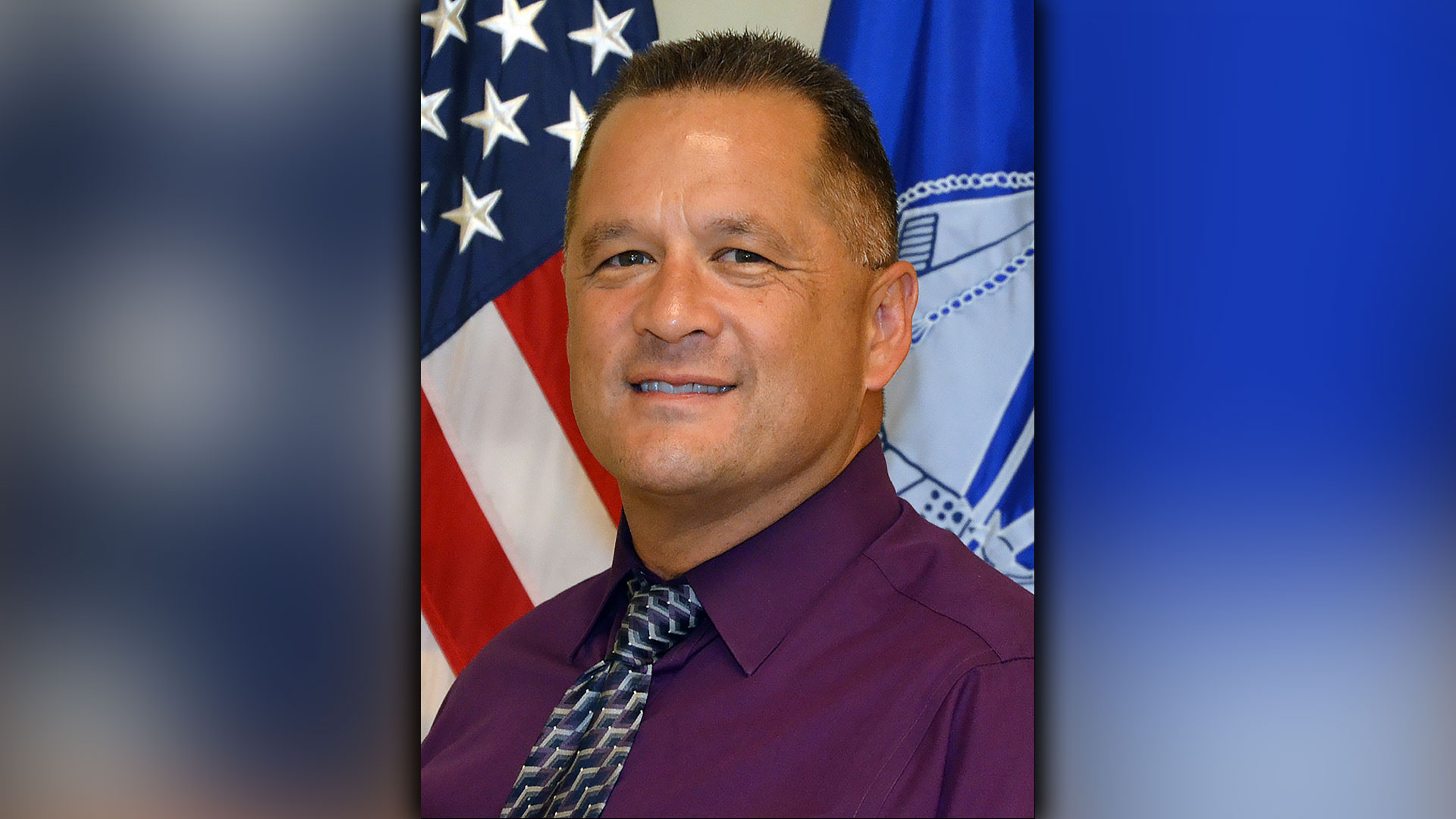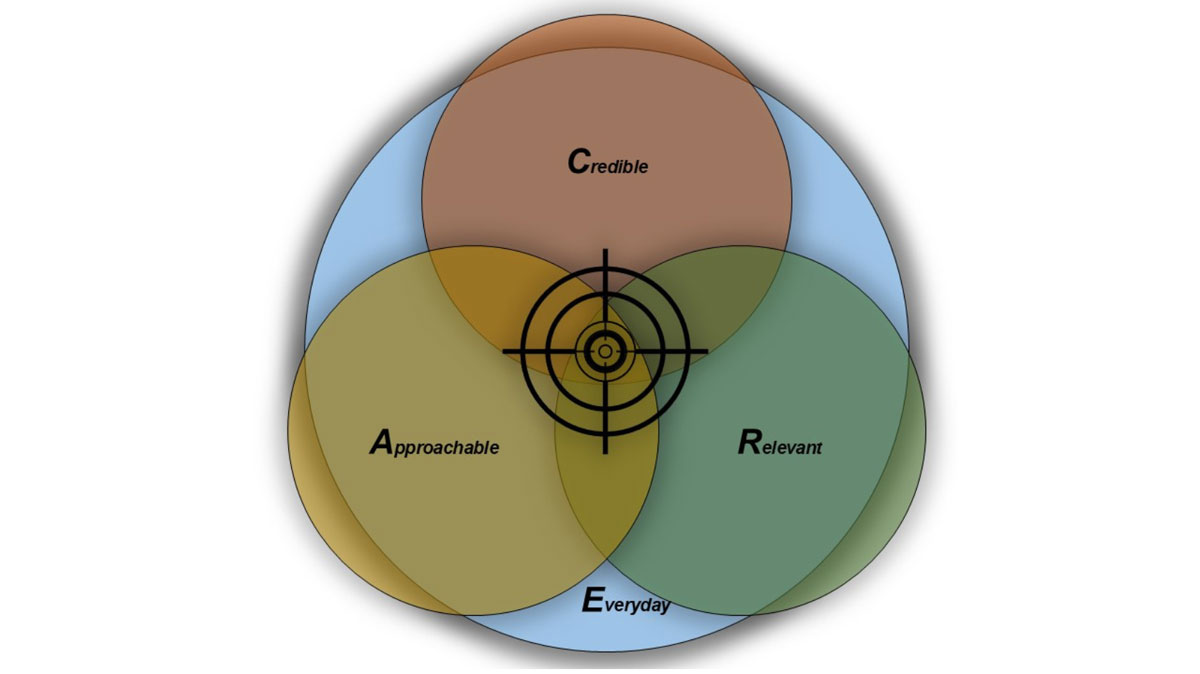Resident Professional Military Education at the US Army Warrant Officer Career College
By Mr. Benjamin Valentine, Director of Education and Training, USAWOCC
Article published on: July 1, 2024 in the Strength in Knowledge July–September 2024 Edition
Read Time: < 6 mins

Picture: Mr. Benjamin Valentine
In today’s complex and rapidly changing global environment, the role of Warrant Officers as integrators, communicators, operators, leaders, and advisors (ICOLA) has never been more critical. The US Army Warrant Officer Career College (USAWOCC) conducts common core professional military education (PME) for warrant officers throughout their careers. Currently, USAWOCC teaches the Warrant Officer Intermediate Level Education (WOILE) and the Warrant Officer Senior Service Education (WOSSE) in resident and limited synchronous virtual iterations. These programs prepare officers for assignment to CW3/CW4 and CW4/CW5 positions, respectively, to enhance warfighting lethality, deliver ready combat formations, continuously transform the organization, and steward the Army profession. In the future, look for USAWOCC’s new, modernized PME scheduled for fiscal year (FY) 2026.
Throughout their careers, Warrant Officers must be able to integrate their technical expertise in support of their commander and organization. They must be able to apply the fundamentals of Army and joint planning to fulfill their role as a member of an Army staff, joint, and/or multinational team, requiring a deep understanding of the Army’s planning processes and the ability to integrate them to achieve mission success. Warrant Officers must also be able to communicate critical information clearly, persuasively, and candidly (verbally and written) to gain and provide shared understanding of problems and solutions. This requires excellent communication skills and the ability to build relationships with diverse stakeholders.
Warrant Officers operate in unstructured and complex environments and develop innovative strategies to support senior leaders in achieving mission, vision, and goals. This requires a deep understanding of the operational environment and the ability to evaluate how world events, global trends, geopolitical threats, and cultural considerations affect military planning and operations. Warrant Officers must be able to analyze and interpret operational environments and variables to inform military judgement and senior leader decisions in support of Army operations.
As leaders, Warrant Officers must be able to develop Soldiers, Army Civilians, and contractors to effectively build and lead teams, requiring solid understanding of mission command processes and the ability to apply them to support organizational operations and readiness. Warrant Officers also need to provide leaders with sound advice related to systems integration to ensure organizational readiness.

Figure 1: The Napoli CARE Model
Warrant Officers are technical advisers and must be able to provide leaders with sound advice related to systems integration to ensure organizational readiness. They must understand the principles of the Army’s force management model and be able to apply them to support operational readiness. Additionally, warrant officers must also be able to analyze and interpret operational environments and variables to inform military judgement and senior leader decisions in support of Army operations.
USAWOCC teaches the WOILE course in residence at Fort Novosel, Alabama or, students may opt to enroll in one of the four synchronous virtual iterations of the course. The WOILE program provides officers the knowledge, skills, and behaviors (KSBs) required for assignment to CW3/CW4 positions at the operational level where they serve as advisors to commanders and staffs. The program focuses on applying the fundamentals of Army and joint planning to fulfill the role as a member of an Army staff, joint and/or multinational team. Officers will learn to communicate critical information more clearly, persuasively, and candidly to gain and provide shared understanding of problems and solutions. The program also provides officers with the skills to develop innovative strategies to support senior leaders in achieving mission, vision, and goals in an unstructured and complex environment. Officers will learn to analyze how world events, global trends, geopolitical threats, and cultural considerations affect military planning and operations. The WOILE program also provides officers with the knowledge and skills to apply the concepts of joint operations, Army readiness, and operational art and design. Officers will learn to analyze the development of U.S. national policy and its effects on Army readiness and the principles of the Army’s force management model.
USAWOCC faculty and staff from the three academic departments (Department of Strategy and Doctrine, Department of Leadership and Management, and Department of Military History) work together to facilitate the program to ensure students meet the course objectives. In its current form, 57% of the course is leadership and management, 27% is Strategy and Doctrine, and 16% is Military History and provides field grade warrant officers a professional common core education to further develop KSBs and attributes to effectively integrate their technical expertise in support of their commanders and organizational missions to achieve decisive results at the operational level.
The WOSSE program is offered in residence at Fort Novosel, Alabama and is designed to prepare officers for assignment to CW4/CW5 positions at the strategic level as advisors to commanders and staffs and provides them with the senior level education, knowledge, and influential leadership skills necessary to apply their technical expertise in support of leaders on strategic level joint, interagency, intergovernmental, and multinational (JIIM) organizations executing Unified Land Operations thru Decisive Action. The program builds on the KSBs acquired in WOILE and provides officers with the knowledge and skills to apply the concepts of joint operations, Army readiness, and operational art and design at the strategic level. Officers will learn to analyze the development of U.S. national policy and its effects on Army readiness and the principles of the Army’s force management model. The WOSSE program also provides these warrant officers a professional common core education to further develop the attributes required to effectively integrate their technical expertise in support of their commanders and organizational missions to achieve decisive results at the strategic level. The course also provides the skills needed to conduct an effective battle analysis. Like WOILE, WOSSE is facilitated through a collaborative effort of the three USAWOCC academic departments with 45% of the course covering strategy and doctrine, 28% leadership and management, 16% military history, and the final 11% being a capstone exercise to pull everything together.
The current resident PME at USAWOCC further develops warrant officers in their roles as integrators, communicators, operators, leaders, and advisors to enhance warfighting lethality and deliver ready combat formations. These Warrant Officer Professional Development programs are specifically designed to prepare officers for these roles and provide them with the knowledge, skills, and behaviors required to be effective in a complex and rapidly changing global environment. USAWOCC, however, continues to improve its PME programs and is in the process of modernizing the current courses and adding an additional course to its menu of options. This effort will create a modernized educational experience that develops critical common core knowledge, skills, and behaviors necessary for Warrant Officers to succeed as system Integrators, effective Communicators, doctrinally based Operators, Leaders and Advisors thereby ensuring the success of the Army and Joint Force in any future operating environment. The new, modernized courses are scheduled to start in FY 26 and will be progressive and sequential throughout a warrant officer’s career as well as be paired with Warrant Officer technical training conducted at the various Centers of Excellence. These course improvements will provide the Army of 2030 and beyond with Warrant Officer subject matter experts and leaders who are capable of winning on any battlefield.
The WOILE and WOSSE courses taught at USAWOCC are just two of the courses that make up the common core education for the Army’s Warrant Officer Cohort that prepares them to enhance warfighting lethality, deliver ready combat formations, continuously transform the organization, and steward the Army profession. They are part of what makes USAWOCC a prestigious academic institution, recognized for its academic rigor and relevance, acknowledged for its institutional agility, and capable of educating Warrant Officers to perform their core competencies and win in any environment.
Editor’s Notes
Jim Steddum, Managing Editor
Avid readers of Strength in Knowledge may notice distinct changes in this issue. First, on most importantly, the number 1918 on the front cover represents not only the year the Warrant Officer was officially recognized in the United States Army, but it now represents the number identifying the journal as a professional bulletin of the United States Army. Each issue of this journal will be submitted to the Office of the Secretary of the Army for authentication. And, the Library of Congress issued the the journal an International Standard Serial Number (ISSN) which is found on the second page. These seeming adminstrative details are a huge win for the Warrant Officer cohort, because the content will now be indexed and searchable as a professional journal.
The next issue will explain professional discourse and why Warrant Officers are good at it! The following issues will detail the gains experiences from Warrant Officer Education Modernization including a look at the new Warrant Officer Advaced Course, a primer for Warrant Officer data literacy, an all new Warrant Officer Senior Course, and more.
The Warrant Officer Career College looks forward to participation in the all new Line of Departure in late fall with many more opportunities for Warrant Officers to showcase their technical expertise and candid advice to the rest of the Army.